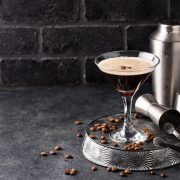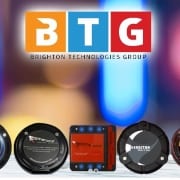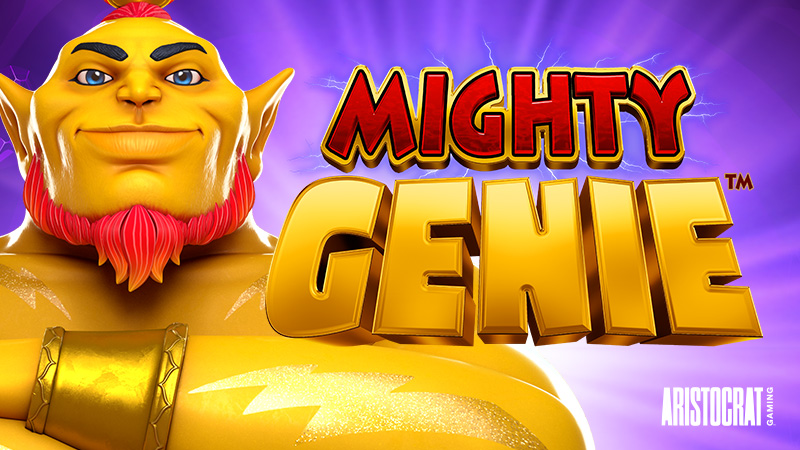REIMAGINING AUSTRALIA’S DRINKING CULTURE
‘Sober curious’ as more than just a trend
Even before the pandemic shut down the world’s bars, alcohol consumption has been on the decline as millennials and Gen Z seek healthier habits and binge less.
Global drinks market analysis firm IWSR found that the low and no-alcohol segment in Australia grew 2.9% in 2021, with alcohol sales declining by 1.4%.
It forecasts that between now and 2024, it will grow by 16% and become one of the fastest growing segments in the market.
AB InBev, the world’s largest beer conglomerate, says it expects sales of no- and low-alcoholic beer to represent 20% of sales by 2025, triple its current share.
Michael Livingston, an associate professor at the National Drug Research Institute at Curtin University, is part of a team that’s sought to better understand an ongoing trend observed in wealthier Western nations.
Young people, starting in the early 2000s, began drinking significantly less than previous generations.
“It’s a trend that we’re seeing globally, or at least in high income countries with similar drinking cultures to ours,” like the UK, the US, Canada and New Zealand, he said.
And while there are “a bunch of theories” around why this is the case, including growing awareness of the health risks of alcohol, Livingston says there’s a compelling case to be made that the perception and performance of identity through the prism of social media has contributed in some way to this shift.
New entrants to the market
Ben Kraus, founder of Victorian brewery Bridge Road Brewers, based in Beechworth, told Business Insider Australia he developed a non-alcoholic beer for the business after he and his family became trapped in Austria during the first lockdowns of the pandemic in 2020.
Kraus, whose wife and business partner is Austrian, visits Europe often and uses the opportunity to conduct market research. In 2005, when he founded the brewery, it was bringing craft beer – already well-established overseas – back to Australia.
In 2020, it was non-alcoholic beer.
“I started to see this growth in non-alcoholic beer before we really saw much in Australia,” Kraus said.
“I’m always watching how people buy at supermarkets or what they buy at a bar,” he said.
“One year no one had alcohol-free beer, the next year, a couple, and the last year I was there, I could not have gone to someone’s house who didn’t offer alcohol free beer as freely as they would offer beer.”
A stint at a German brewery over the European summer led to the development of the company’s first non-alcoholic beer; a pale ale using a recipe that uses a fermentation process similar to traditional beer but halts the process before the alcohol content reaches 5%.
Banks Botanicals was founded in 2020, part of a growing market of Australian-based companies looking to speak to an emerging high-end market of consumers looking for a non-alcoholic equivalent to premium alcohol brands.
Yolanda Uys, the company’s founder, said she wanted to create a product that mirrored the aesthetic and quality of the many homegrown craft and premium gin brands flooding the Australian market.
“It’s organic, it’s non-alcoholic, it’s vegan, it’s gluten free, and made in the Yarra Valley,” Uys told Business Insider Australia, explaining the appeal of her product to a growing customer base.
Echoing Kraus, Uys said she thinks sophisticated products like hers appeal to a mainstream, along with the ‘sober curious’ that would consider it alongside other gin brands.
“It’s not just about non-alcoholic drinkers,” Uys said. “We wanted to be the alternative, and to provide something that was able to hold its own.”
Uys said her research showed almost 65% of Australian consumers said they were interested in no or low alcohol brands. And almost 70% want to either decrease or maintain lower alcohol consumption.
“So what that means is that this isn’t just for people that are not drinking,” Uys said. “This is about moderation.”
‘Simple drinks penetrating the sophisticated market’
Kesa said she’s noticed a subtle evolution in how companies are marketing their non-alcoholic drinks — and the types of companies selling them.
She referenced Melbourne-based wine company NON, which was founded in 2019 to service the high-end non-alcoholic wine market.
William Wade, the label’s founder and a former chef who trained at Noma in Denmark, wanted to create non-alcoholic wine for a younger customer than that of traditional non-alcoholic beverages.
“All of the non-alcoholic wines are designed specifically to be matched with food,” Kesa said of the brand, adding that she sees it as an example of companies offering “more sophisticated” options and “really elevating” that market.
Kraus said that the rise of non-alcoholic beverages generally and the ‘sober curious’ trend, along with low ABV hard seltzer, is a sign that “beverages as a whole [are] starting to blur a little bit.”
“It’s happening in the wine industry, not from an alcohol perspective but from a market perspective, where we’re seeing these fun wines being produced like pet nats and natural wines.”
“You see it in seltzer infiltrating markets; really simple drinks penetrating the sophisticated market.”
Kraus said he’s seeing a broader shift in mainstream drinking culture, towards non-alcoholic beverages as simply another choice to be made when ordering at the bar.
“It’s not exclusively the one drink. It’s not the dominant drink. It’s just another option that people can have.”
Source: www.businessinsider.com.au/non-alcoholic-drinks-australian-drinking-culture












